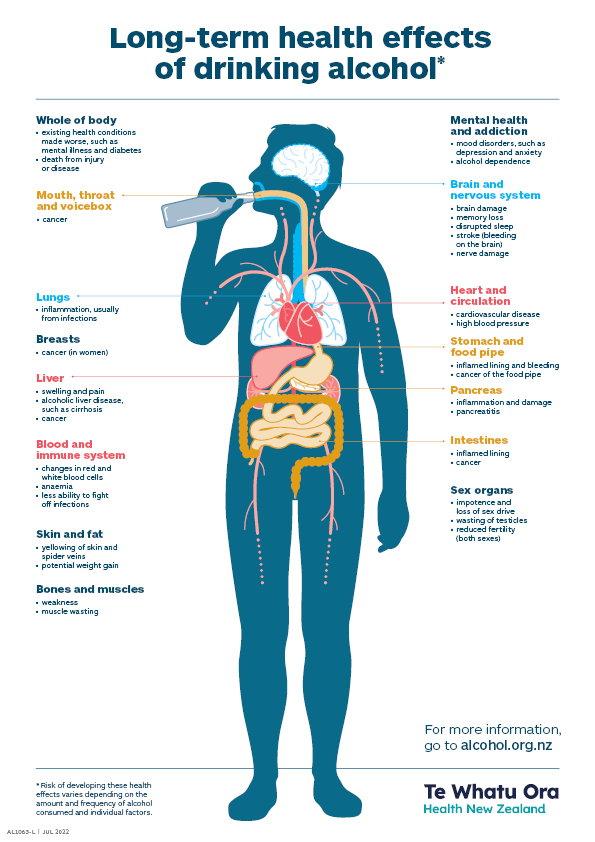The Hidden Dangers Of Alcohol On Oral Health: How It Affects Your Teeth And Gums
Alcohol consumption has been a part of human culture for thousands of years, with many people enjoying a drink or two in social settings, to relax, or as a way to celebrate special occasions. However, while moderate drinking may not pose significant health risks, excessive consumption can have severe consequences on overall health, particularly on oral health. In this article, we’ll explore how alcohol affects your teeth and gums, and what you can do to mitigate the negative effects.
Acid Erosion and Enamel Weakness
One of the primary ways in which alcohol affects your teeth is through acid erosion. When you consume alcohol, particularly in excess, it can lead to the production of acidic compounds in your mouth. These compounds can wear away the enamel on your teeth, making them more susceptible to decay and sensitivity. Additionally, acid erosion can also weaken the structure of your teeth, making them more prone to cracks and fractures.
Dry Mouth and Gum Disease
Alcohol can also dry out your mouth, a condition known as xerostomia. When your mouth is dry, it becomes more challenging for your teeth to fight off bacteria and other harmful substances. This can lead to an increased risk of gum disease, as well as tooth decay. Furthermore, the bacteria that thrive in a dry mouth can also contribute to the development of periodontal disease, which can cause significant discomfort, swelling, and even tooth loss.
Alcohol’s Impact on Gum Health
Alcohol’s impact on gum health is multifaceted. Not only can it dry out your mouth, but it can also reduce blood flow to your gums, making them more susceptible to injury and disease. Additionally, the increased bacteria in your mouth can lead to gum inflammation and irritation, further exacerbating the problem.
The Connection to Oral Cancer
Alcohol consumption has also been linked to an increased risk of oral cancer. This is because the chemicals present in alcohol can damage the cells in your mouth, making it easier for cancer-causing mutations to occur. Furthermore, the compromised immune system that often accompanies excessive alcohol consumption can make it more challenging for your body to fight off cancerous cells.
Protecting Your Teeth and Gums

While the negative effects of alcohol on oral health are significant, there are steps you can take to mitigate the damage. Firstly, it’s essential to practice good oral hygiene habits, including regular brushing and flossing. Secondly, consider using a mouthwash that contains ingredients that help neutralize acid and protect your teeth and gums. Finally, consider reducing your alcohol consumption or opting for alternatives that are less likely to contribute to oral health problems.
Conclusion
In conclusion, alcohol can have significant negative effects on both your teeth and gums. From acid erosion and enamel weakness to dry mouth and gum disease, the consequences of excessive alcohol consumption can be severe. By practicing good oral hygiene habits and reducing your alcohol consumption, you can help protect your teeth and gums from the negative effects of alcohol. Remember, a healthy smile is within reach, regardless of whether you choose to indulge in a glass of wine or two.





